China in IOR: ‘peaceful rise’ no more
China has expanded its presence in the Indian Ocean Region. President Xi Jinping has abandoned Deng Xiaoping’s conciliatory posture for an aggressive, money-fuelled search for super power status
 Courtesy: Western Naval Command
Courtesy: Western Naval Command
China has expanded its presence in the Indian Ocean Region. President Xi Jinping has abandoned Deng Xiaoping’s conciliatory posture for an aggressive, money-fuelled search for super power status
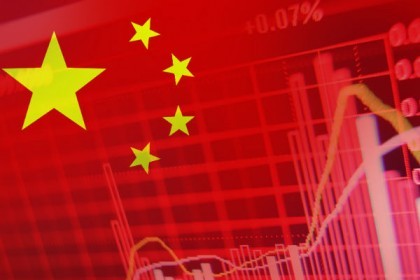 Courtesy: News Max
Courtesy: News Max
China’s credit-led growth is likely to lead to a fairly severe economic crisis in the next two or three years. Recent research suggests that the current tactics may boost short-term growth, but harm its long-term prospects. Time is running out for the country’s ambitious policy-makers
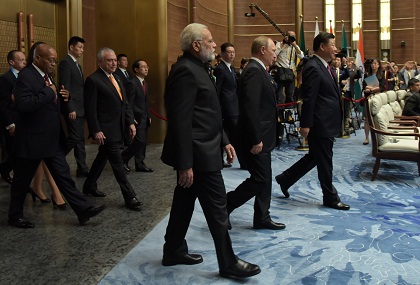 Courtesy: MEA/ Flickr
Courtesy: MEA/ Flickr
The ninth BRICS summit represented the victory of pragmatism over narrow nationalistic impulses. All BRICS members are likely to craft the grouping’s future script as it enters its second decade, but more crucially, the Big Three will have to show a large dose of statesmanship
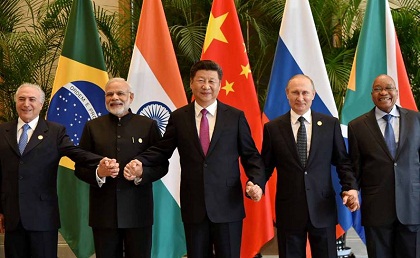 Courtesy: Narendra Modi/ Flickr
Courtesy: Narendra Modi/ Flickr
BRICS, which has always been committed to enhancing solidarity, is now entering its second decade – even as tensions between its two most consequential members remain unresolved and member states and other emerging markets are set to serve as “the main engine” of global growth
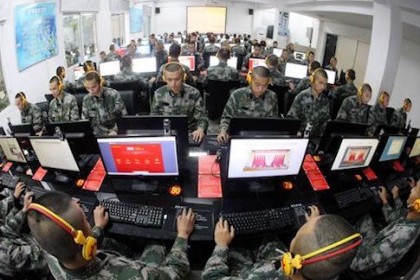 Courtesy: Associated Press
Courtesy: Associated Press
India is marching towards ever increasing digitisation of its economy and government services, but not addressing its many vulnerabilities in cyber space. This has to be rectified before escalating a response to China, an acknowledged cyber power
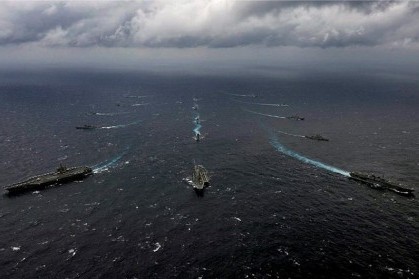 Courtesy: PTI
Courtesy: PTI
The historical evolution of the Malabar Exercise and the currently fraught relations between the participating countries and China created a much sharper context for the event, with the Chinese evincing a heightened interest in it
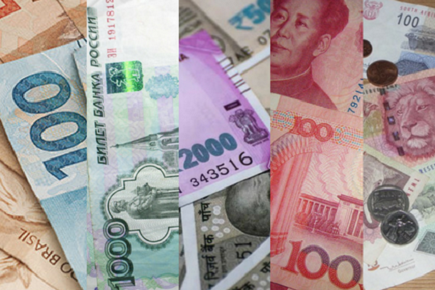 Courtesy: Gateway House
Courtesy: Gateway House
The multi-polar world that BRICS nations seek is not a reality yet and the differences between them do exist. But the BRICS summit in September offers leaders an opportunity to examine a few important financial issues before they can dictate the global agenda
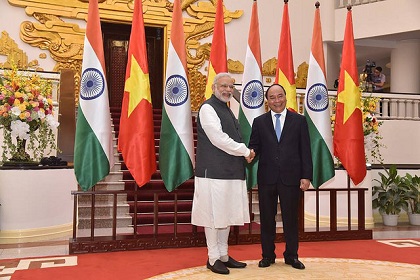 Courtesy: Narendra Modi Official/ Flickr
Courtesy: Narendra Modi Official/ Flickr
Vietnam has the highest level of bilateral relationship—or ‘Comprehensive Strategic Partnership’—with three countries: China, Russia and India. It envisages a much more active role in the region for India, but many factors mar such a development currently
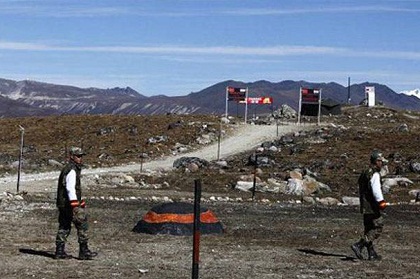 Courtesy: India Today
Courtesy: India Today
The origin of current India-China hostilities in Bhutan harks back to a colonial era agreement framed in 1890 between the British and the Qing empire on issues related to Tibet and Sikkim. The present standoff is an occasion to revisit many aspects of a relationship that has shown perennial strain
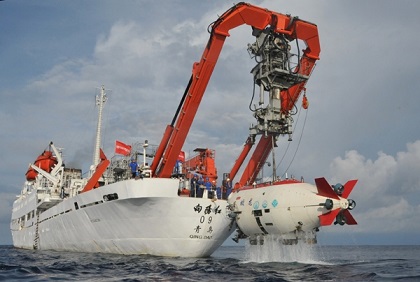 Courtesy: China Daily
Courtesy: China Daily
The People’s Liberation Army Navy (PLAN) has been steadily building its underwater infrastructure since the 1980s to undertake energy-efficient, long-range and dual-purpose reconnaissance and exploration missions. While the Indian Navy’s superiority is unquestionable, New Delhi should provide it the crucial futuristic paraphernalia